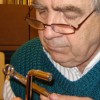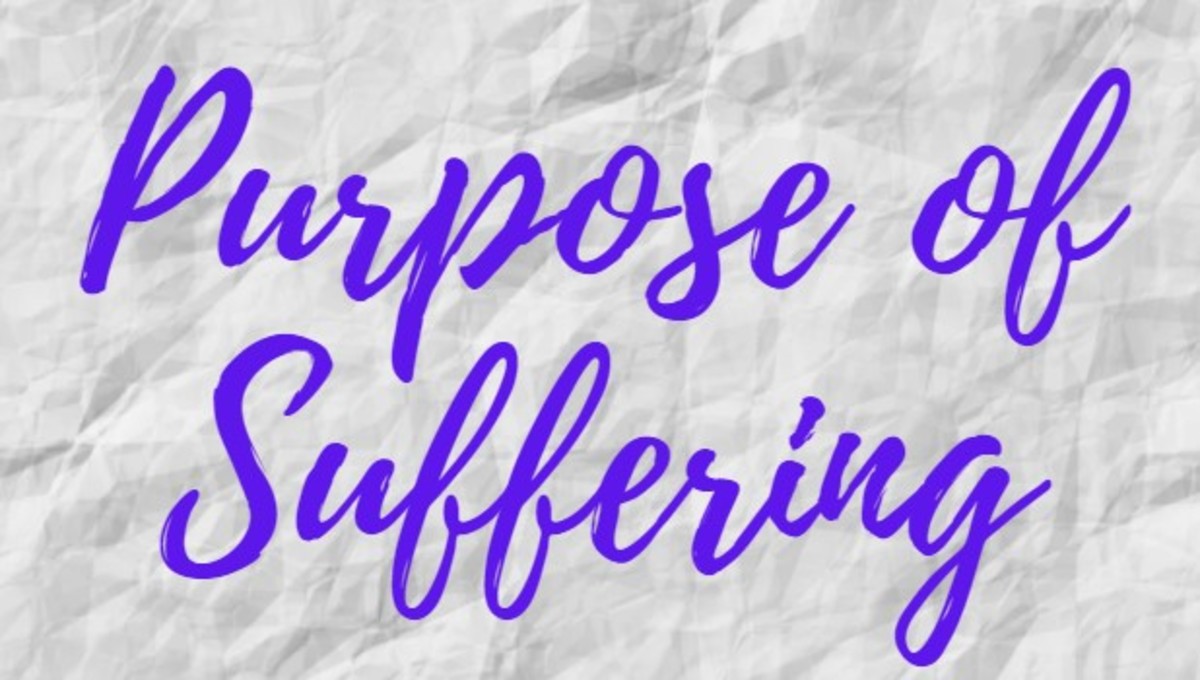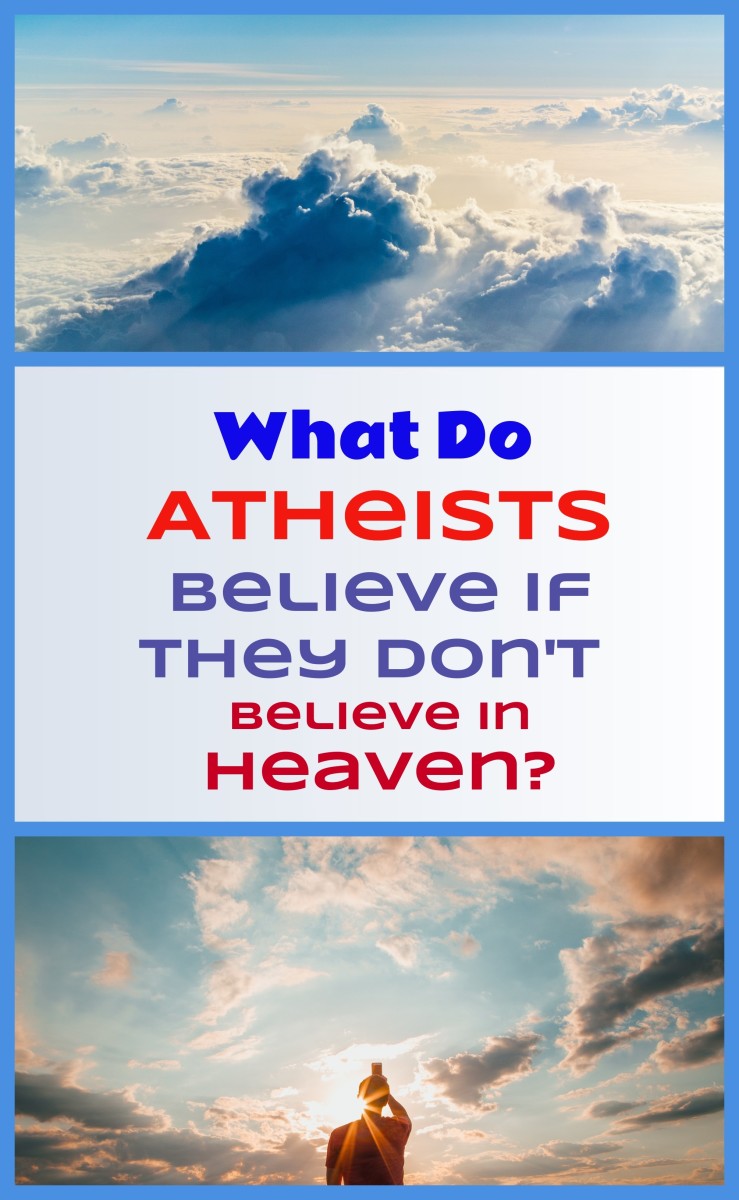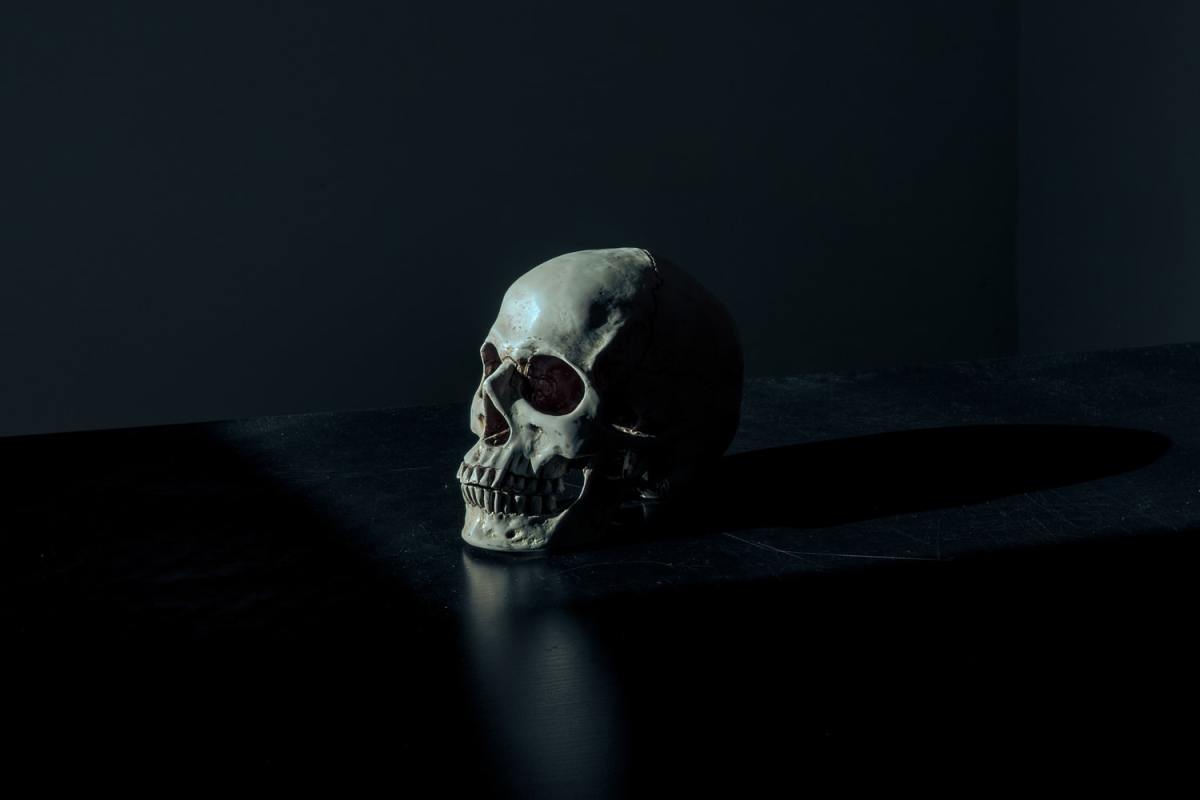Do the Innocent Really Suffer?
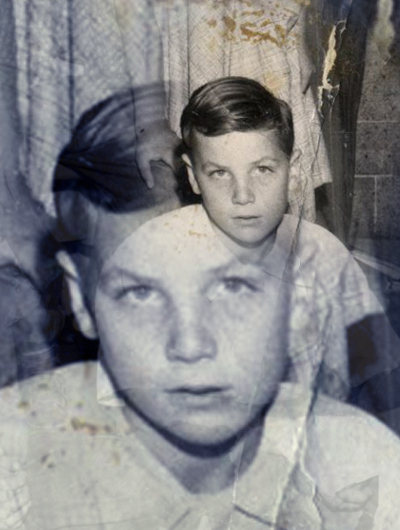
As far as religion or theology goes, I'm going to try to be as universal as possible in this treatment of suffering and near-death experiences. Everyone, whether we be Christian, Muslim or Atheist, needs some comfort when we see the suffering of children, and the needless deaths and great suffering of innocent people.
First of all, I wish to establish the premise that there is some type of control or design in our lives over which we seem to have little control. I won't say that there is a god, so that I can win the interest of the atheists. I also don't need to deny that there is a god, for those who believe. But for all people on this planet -- no matter their beliefs or convictions -- there seem to be defenses and mechanisms within or without our beings that serve as a type of protection against suffering.
Before I give you my reasons for believing this, let me tell you that even an Atheist can admit to some sort of intelligent design or program: At one time in my life, I had an Atheist coming to my side of the thinking table, for I do believe in a force greater than my own: I was in Vietnam in 1969, painting a chapel for the chaplain. I had been in the infantry, but through a set of special circumstances, I came to be the chaplain's assistant. A soldier came to help me paint. I accepted his help and as we talked I soon came to realize he was an Atheist.
The first question I asked him was: "Does man have the potential to create life -- without using the conventional methods?" He said he believed such. I asked, "Will mankind some day be able to make a utopia for the children he creates?" He said that it could happen. I then reminded him of how our life was before we came to Vietnam, and asked him if he appreciates his home life better, now that he's seen the poor conditions here, and the suffering. He answered with a definite affirmative. I then asked, "How will mankind, in the future, after he creates life and puts his children in a utopia, help those children to appreciate what they have?" He said, "Mankind will have to first create a place that is dark and miserable, and cause his children to live there, for a time." I asked, "Should they have any memory of their life with their fathers?" His answer was "No. They need to forget everything, or they'll want to kill themselves to get to the utopia."
We got deeper into this subject, all of it agreeing with my idea of "intelligent design," or an unseen director being necessary, and a period of spiritual incentives needing to be instigated. In short, children or newly-created people needed a religion of some type. This may not be how all atheists think, but I think it can't be said that it doesn't make sense.
Going on: Here are my reasons to believe that some type of protective shield is in place for us all: I've been a construction worker, and have seen, heard and been the victim of accidents. In my own case, when the scaffold suddenly crumbled from under me one day, I felt like I was dreaming. I felt things smashing into my arm, but I did not feel pain. I hit the floor before I knew what was happening, and did not feel anything until it was over. Had I died in that fall, I would have went without feeling anything. Others close to me who have had accidents, reported the same type of thing: They didn't feel anything until it was all over.
When I was in Vietnam, a mine went off close to me. Two or more men died in that explosion, and I was grazed in the neck by something. I was closer than others who were wounded, and I concluded that I wasn't hit directly because of another G.I. between me and the mine who unwittingly sacrificed his two legs to save me. But, again, it was all like I was in a dream: the explosion was quiet, as if it happened a block away. All my senses were dulled, instantly. I don't remember falling to the ground; only the part when I sat up to look around. The mine that went off was a Bouncing Betty; the kind that is first propelled up out of the ground by a small charge beneath it, then it explodes while in the air. Had I died in that explosion, I would not have known what hit me.
Suffering after the fact is, at first, subdued by the shock we go through. As time passes and our senses become more acute, then the pain comes in its fury. But I've suffered this way, and endured it with the thought that something was going to make it go away, or that if I died from it, it would be gone forever. During some of the suffering I've endured, people have asked me, "How can you endure all that pain? (. . . or the discomfort?)" I responded that perhaps I was used to it. After recovering from pain or a prolonged illness, then seeing others in that same situation, I marvelled that I comfortably tolerated what this person appeared to be suffering!
So suffering is often perceived more unendurable from the outside than from the inside. There seems to be a tolerance factor built into us that helps us to endure it well, and then the fortitude to ignore it long enough to fight it.
Viktor Frankl, in an earlier edition of his book "Man's Search for Meaning," tells of how he suffered great pain at the hands of the Nazis as they tortured and abused him. At one point, he remembers hearing someone yelling in pain from another room. He felt sorry for that man, wondering what they were doing to him. When it was over, he discovered that it was he who was yelling.
Someone close to me, in whom I have complete trust, told me about her near-death experience, and reported that she was interviewed by a being of light who told her she had the option to come back to the earth if she wanted. It was a difficult decision to make, because things were so beautiful, and she felt an overwhelming feeling of love and peace. This helps me to believe in some type of after-life, or in angelic direction, especially accompanied by ever-pervasive love.
This, in conjunction with another story of someone close to me, drives home the idea that suffering need not be felt because of some device within us, or because of some being who cares about our emotional well-being: A woman watched her husband die. It seemed a miserable death, as he gasped for breath and turned colors as he sought for air. After he was dead and after a short time passed, the widow reported that her husband came to her in some type of dream. As they conversed, the woman said, "But oh, how terrible your death was for you!" The man replied, "On the contrary, it was the most beautiful experience in all of my existence."
One of my closest friends adopted a child who had been greatly abused. One of the abuses she suffered was to wait outside at night while a man came to visit her mother. She reported that the moon was over the neighbor's house when she first went outside, and -- before her mother called her in -- the moon was on the other side of the sky.
When asked what she did during this time, she spoke of a man in white who came to see her. Accompanying this man was a white kitten who jumped up on her lap and purred as she accepted this little girl's caresses. She remembers one thing the man had told her: "I want you to know that [God] [your Father in Heaven] loves you, and that soon, you are going to be part of a family that loves you, and you will be happy in your home." She reported that the man left just seconds before her mother opened the door to let her in.
All these stories and personal experiences tell me that there is something in place that protects us -- maybe not from pain, but -- from total vulnerability to suffering. This mechanism seems to hint of a kind of overseeing being full of love or concern for the sufferer. If that mechanism is real, then love and compassion are its ever-present motives. If that is so, then I think we can rest with the comforting thought that when children suffer, they are being shielded where it counts.
If it appears they are not shielded, then I would regard it as a design to make that person stronger. For nobody can grow very fast in the absence of pain, suffering and opposition. When my suffering existed, I wondered if I could endure it. But when it was over, it seemed a short moment in my life, and I was stronger because of it.
Put a Stop to Suffering
I don't wish to brush off any concern one may have for those who suffer, nor do I think we should become lax in our fight against abuse. Although we tend to become stronger through suffering and abuse, there still exists downward trends in the behavior of those who suffered abuse.
So, in order to increase awareness and inspire resolve in overcoming and fighting abuse, I am going to show the other side of the coin in the following video. Hopefully, through continued positive and assertive warfare against abuse, we will raise the overall quality of life for our children - those who will run the world in the future.
At the end of the video are other pertinent and great videos on the subject.
Help Stop Suffering
To get more of my insight into the subject of suffering, follow the link below named "The Visit - A Christian Father's Day Story."
The question of suffering and death inspired a poem about children who die, and how the family suffers in their absence. I wondered if I could write something that could help the bereaved to cope with such a loss. This is the result:
The Song of Brief Mortality
For whom do you weep? -- Surely not for me;
For, in angels' arms I have returned again
To that Glorious Light of Love,
Forgotten by mind, but remembered by spirit --
And therefore sought, by loving and laughing,
By singing and dancing and giving --
Sought, unknowingly, by all mortals.
And now I seek no more.
While there, I depended on you
To give me life and love.
But God has shown His will
And now your charge is finished --
Unless at last to release me to my joy,
And that you in turn may travel on
Seeking again that Glorious Light
By laughing, by loving, and giving.
This articles continues on to Part Two:
http://hubpages.com/hub/Do-the-Innocent-Really-Suffer-Part-Two
The Visit - A Christian Father's Day Story
- The Visit - A Christian Father's Day Story
This is an uplifting Father's Day pass-time. It shows how a child values the time a parent spends with him or her, and even the forgiving nature of children after an oversight that hurts the child.
